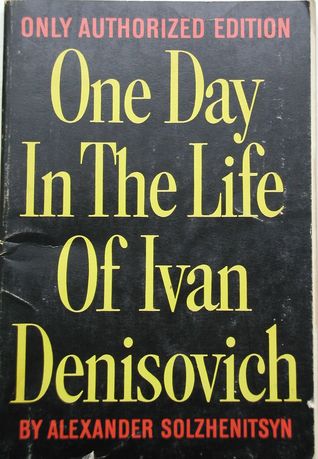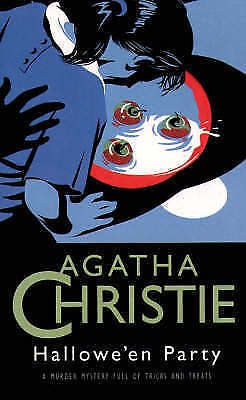One Day In The Life Of Ivan Denisovich (English, Paperback, Alexander Solzhenitsyn)
Rs.499.00 Rs.149.00
Author: Alexander Solzhenitsyn, ISBN: Not Available, Condition: Old
Out of stock
One Day in the Life of Ivan Denisovich (Один день Ивана Денисовича) is Aleksandr Solzhenitsyn’s novel, 1st published in the Soviet literary magazine Novy Mir (New World, 11/62). The story is set in a 1950s labor camp & describes a day of an ordinary prisoner, Ivan Denisovich Shukhov. Never before had an account of Stalinist repression been openly distributed. Novy Mir’s editor, Aleksandr Tvardovsky, wrote a piece, “Instead of a Foreword,” preparing readers for the material.
Ivan has been sentenced to the gulag, wrongly accused of becoming a spy after capture by the Germans. The sentence is ten years, but the book suggests few leave. The final paragraph suggests he serves the term, but whether this is merely a hope is left for readers to decide.
Shukhov wakes up sick. He’s sent to the guardhouse & forced to clean it for oversleeping—a minor punishment. When able to leave, he reports to the dispensary. Since it’s late in the morning now, the orderly is unable to exempt any more workers. He must work regardless.
The rest of the day mainly speaks of Shukhov’s 104th squad of 24 members, their allegiance to the squad leader, & the work prisoners (zeks) do—for example, at a construction site cold freezes the mortar if not applied quickly. All live by the rule of survival of the fittest. Tyurin, deputy foreman of gang 104, is kind but strict. The squad grows to like him because he understands & helps them. He shares stories with them. The prisoners feel sympathy because his wife left him before he went to the camp. A good worker, Shukhov is generally well respected. Rations at the camp are scant, but they’re something to live for. He conserves the food he receives & is always watchful for any item he can hide & trade for food.
At day’s end, Shukhov is able to provide a some services for Tsezar, an intellectual office worker. Tsezar receives food packages from his family. Shukhov is gets a share by standing in lines for him. Shukhov’s day ends up being productive, even happy: “Shukhov went to sleep fully content. He’d had many strokes of luck that day.”
Zeks found everyday life a challenge. A rule states that at -41.8°F prisoners are exempt from outdoor labor. Anything above was bearable. Shukhov’s matter-of-fact thoughts indicate the harshness of conditions, worsened by inadequate bedding & clothing. Assigned boots rarely fit. The thin mittens issued were easily ripped.
The prisoners were assigned numbers for identification & dehumanization. Ivan was Щ-854. Each day squad leaders receive assignment & squads are fed according to performance. Prisoners thus pressured each other to get work done. If a prisoner slacked, his whole squad was liable. Despite this, Solzhenitsyn shows loyalty among them, with Shukhov teaming up with other prisoners to steal felt & extra soup. Even the squad leader defies authority by tar papering their work site’s windows. Only thru solidarity can they do more than survive.
E3
Reviews
There are no reviews yet.
Only logged in customers who have purchased this product may leave a review.
Related products
Almost New Books
Classics Book Store
Classics Book Store
Drama and Historic
Classics Book Store
Almost New Books
299 and Above




















